
Dr. Christopher Allen takes a look at the potential financial fallout facing veterinary associates and practice owners post COVID-19. He also shares some possible opportunities for those who are prepared.

Dr. Christopher Allen takes a look at the potential financial fallout facing veterinary associates and practice owners post COVID-19. He also shares some possible opportunities for those who are prepared.
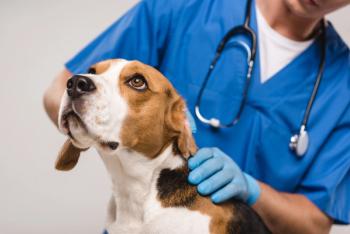
Idexx Laboratories has made its SARS-CoV-2 (COVID-19) RealPCR Test available in response to requests from veterinarians as well as clinical evidence that animals can—rarely—become infected with the novel coronavirus.
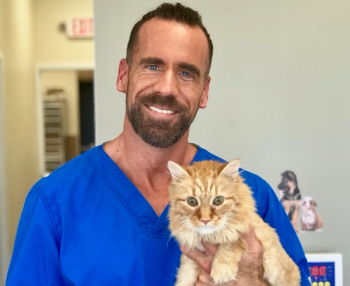

This collaboration supports a larger mission to promote inclusion and diversity in the veterinary community.
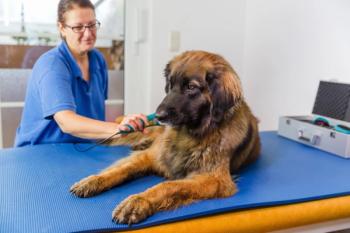
Staying current with technological advances in veterinary medicine is difficult, but it’s an important part of providing excellent patient care.

Our current state of affairs affects companion animals as well as the people who care for them. The National Dog Bite Prevention Week Coalition outlines why it’s more important than ever to incorporate dog bite prevention education into client communication.

Experts agree that in the face of the COVID-19 pandemic, veterinarians need technology in their practices today more than ever. Whether you're a technology novice or an expert, there's always more to learn.
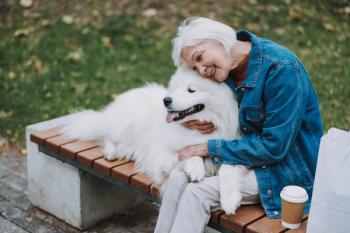
Addressing this question with your elderly clients can be challenging and uncomfortable, but it’s important and requires careful attention.
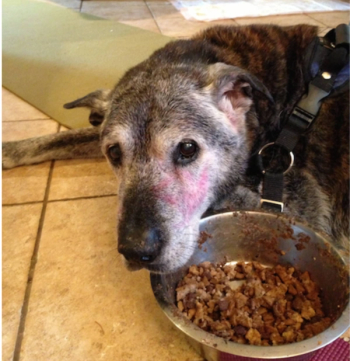
New protocols in the face of COVID-19 have impacted most aspects of veterinary practice, perhaps none more so than euthanasia procedures.
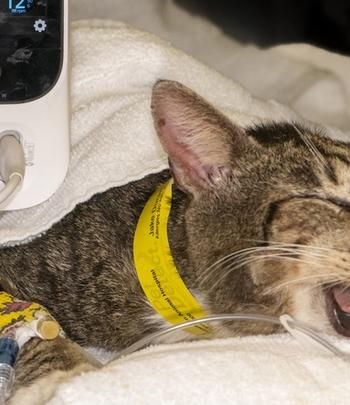
Monitoring ventilation is critical in dogs and cats undergoing dental procedures.

The association shared with its global veterinary audience news of the first animal in the United States to test positive for the virus, plus preliminary international research on transmission and treatment.
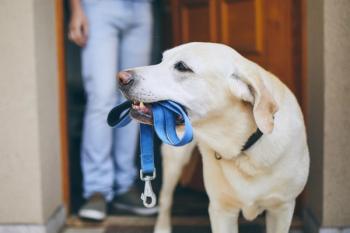
New research reinforces the power of word-of-mouth referrals in growing your veterinary practice.
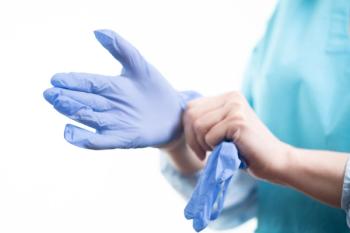
This is uncharted territory for all of us. Here’s how one practice manager has changed her hospital’s protocols to continue providing excellent service while keeping people as safe as possible.

If you’ve got big dreams of building a practice of your own from the ground up, take it from the winner of the dvm360 Hospital Design Competition in the “less than 8,000 square feet” category: It can happen for you.

Certified leadership and wellness coach Kristina Guldbrand shares some tips to help you keep your veterinary team connected during these challenging times.
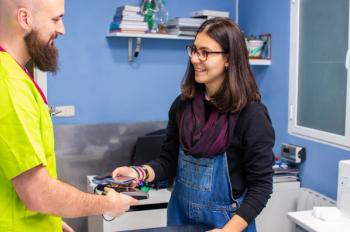
New data highlight another way your veterinary practice may be able to increase revenue: Offer additional payment options.

The agency is temporarily suspending enforcement of certain aspects of the federal veterinarian-client-patient relationship (VCPR) requirements, but state requirements remain in force.
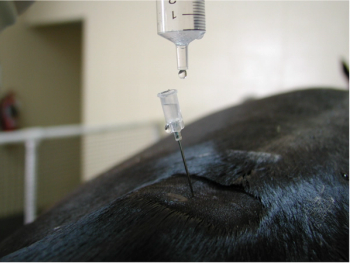
Caudal epidural anesthesia allows for invasive procedures while the horse is sedated in standing position without pain or discomfort.

A flagship study details tick infestations in pet dogs and cats in the United States.

As if making the life-altering decision to buy a veterinary practice isn’t daunting enough, there can arise hidden obstacles and unexpected worries for potential owners.

Before our headlines and newsfeeds contained almost exclusively COVID-19 news, who could have imagined the transformation our daily lives would undergo at both work and home?

A look at veterinary news highlights from this week.

According to the university's veterinary team, this screening tool is superior to any other that utilizes routine blood tests available to veterinarians.

A New Jersey small animal veterinarian shares how the pandemic has impacted his practice and explains his new approach for veterinary house calls.

This mispronunciation may elicit giggles, but our clients may actually be onto something. Here’s why veterinarians might want to turn up the heat on heartworm tests.
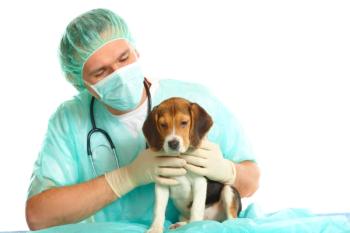
Veterinarians and medical professionals should conserve personal protective equipment (PPE) until supplies become more readily available.
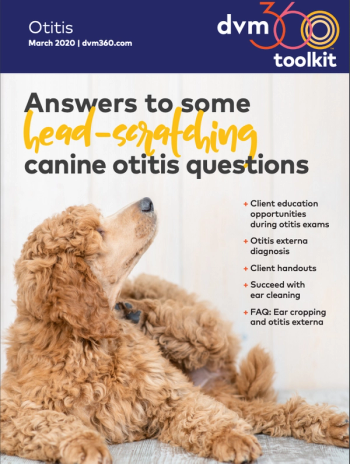
Use these expert tips and tools to hone your otitis diagnosis and treatment skills, and make it as easy as possible to educate pet owners about this painful and annoying condition. (With an educational grant provided by Bayer)

Practice manager and regular dvm360.com contributor Emily Shiver shares how her clinic's protocols are evolving during the COVID-19 pandemic.
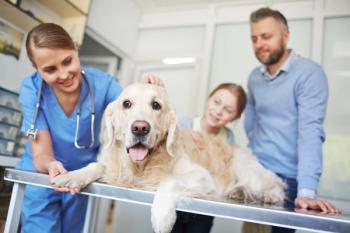
Both associations have urged lawmakers to classify veterinary practices as ‘essential’ because, they say, not doing so could negatively impact both animal welfare and the wellbeing of pet owners.

The dean of Cummings School of Veterinary Medicine at Tufts University explains how and why veterinary professionals are vital in the fight against the novel coronavirus.